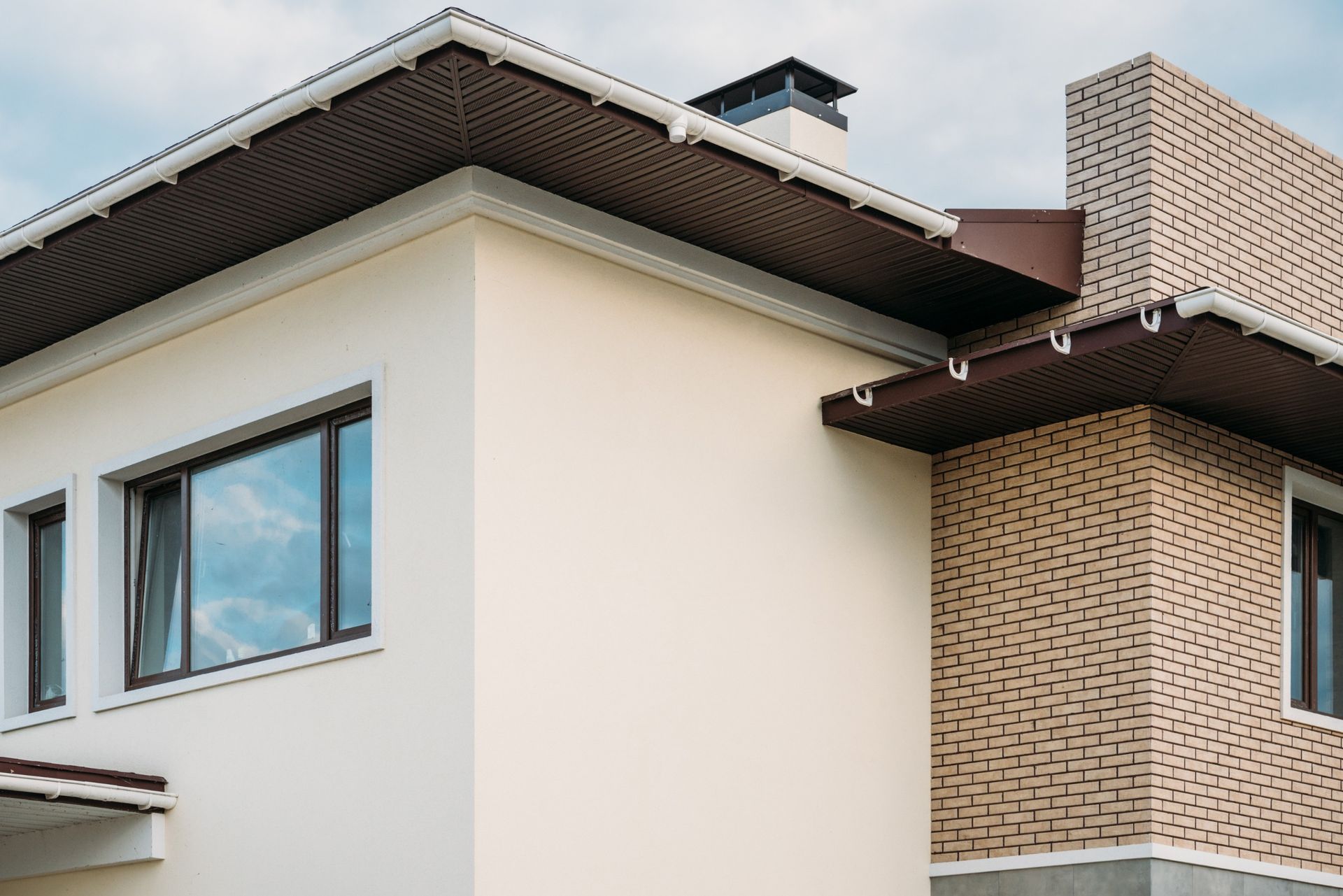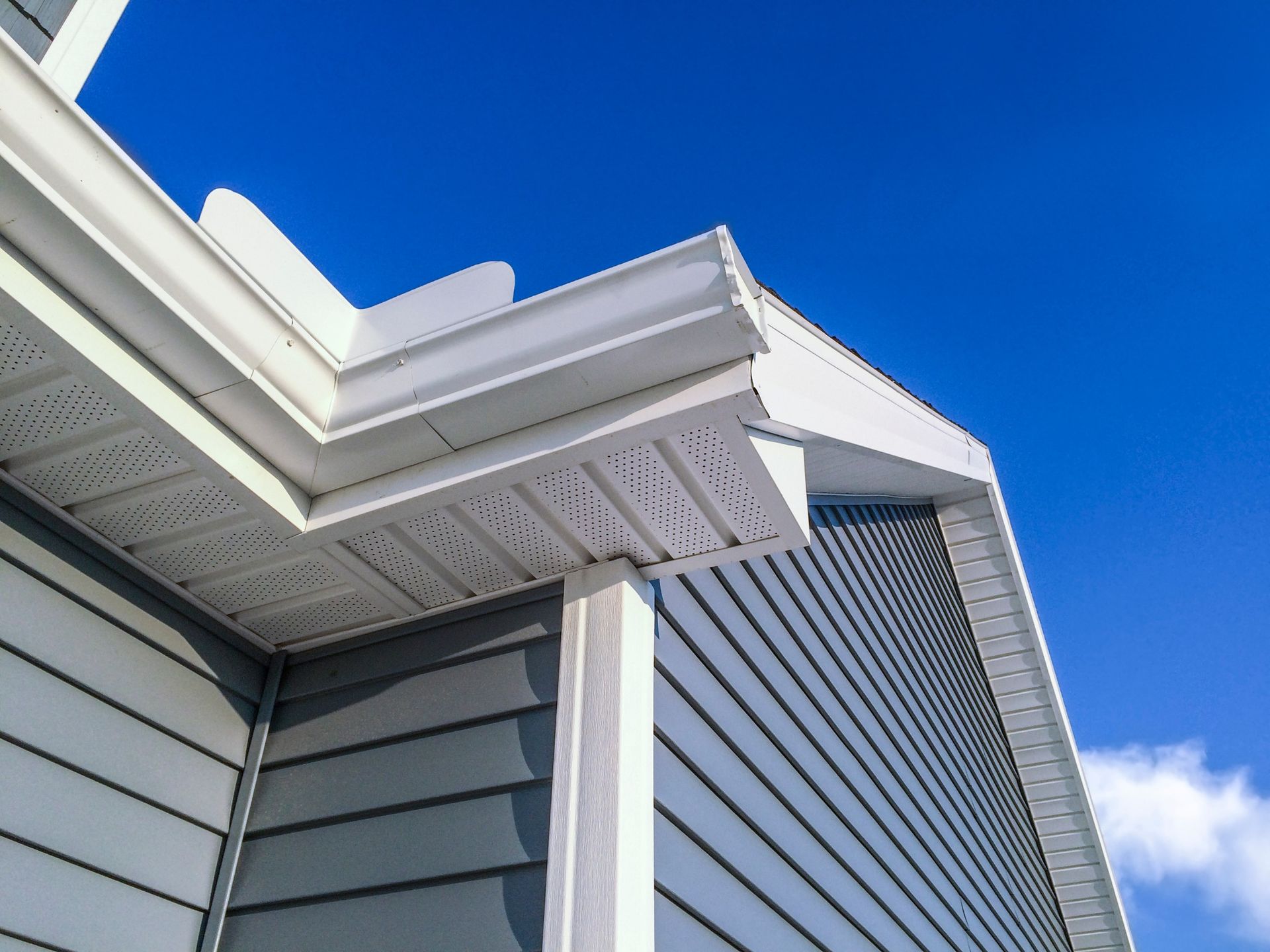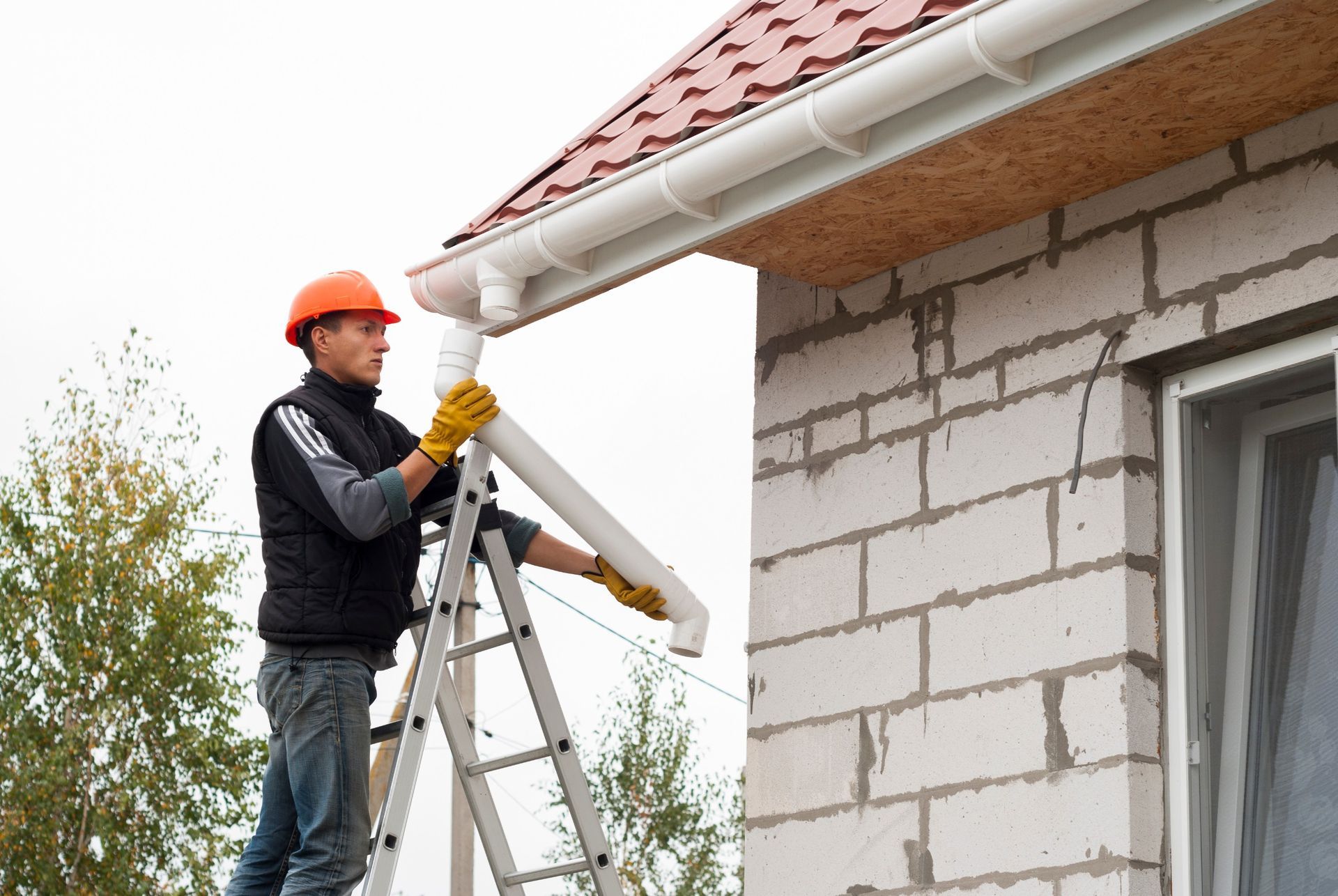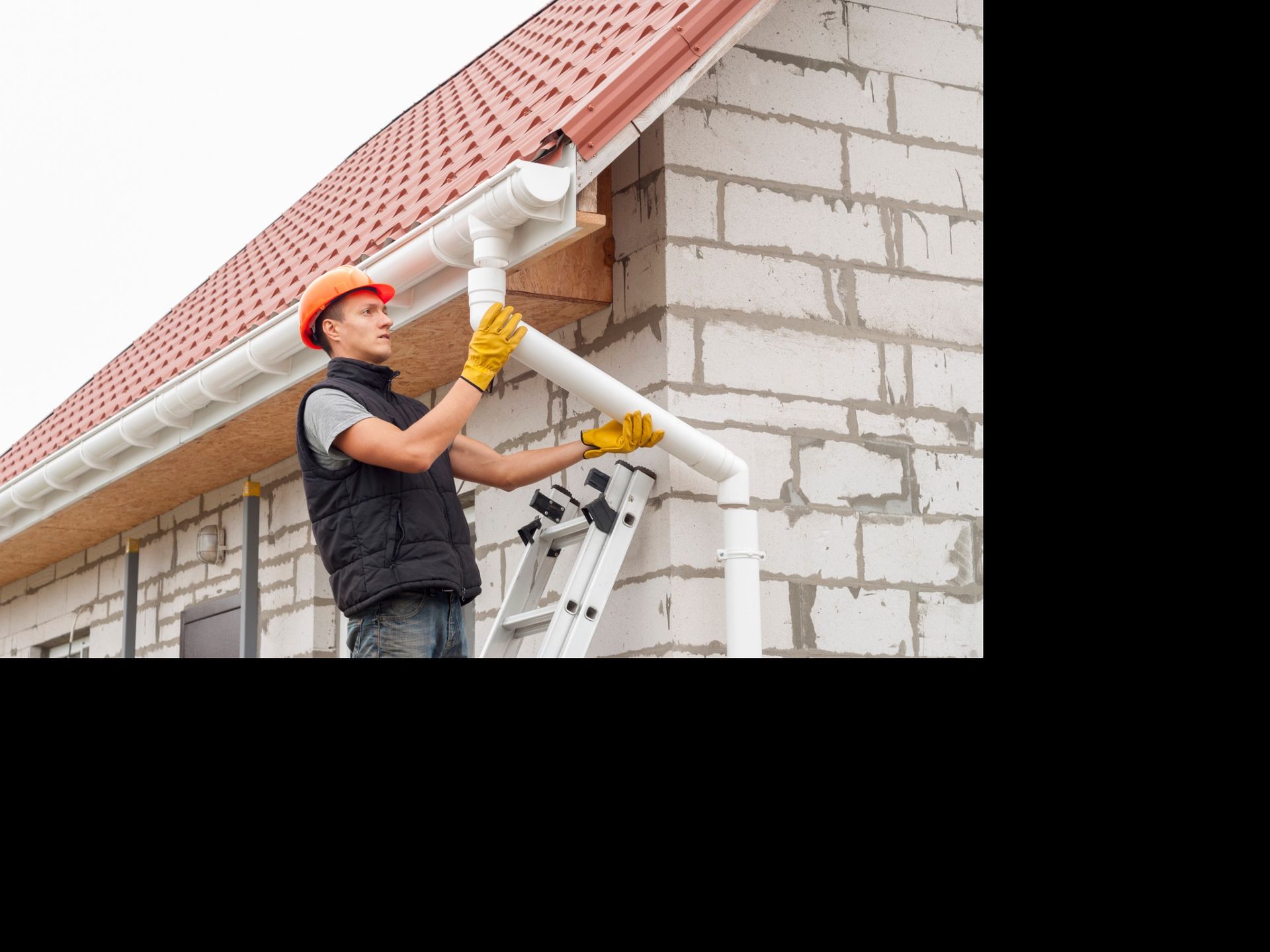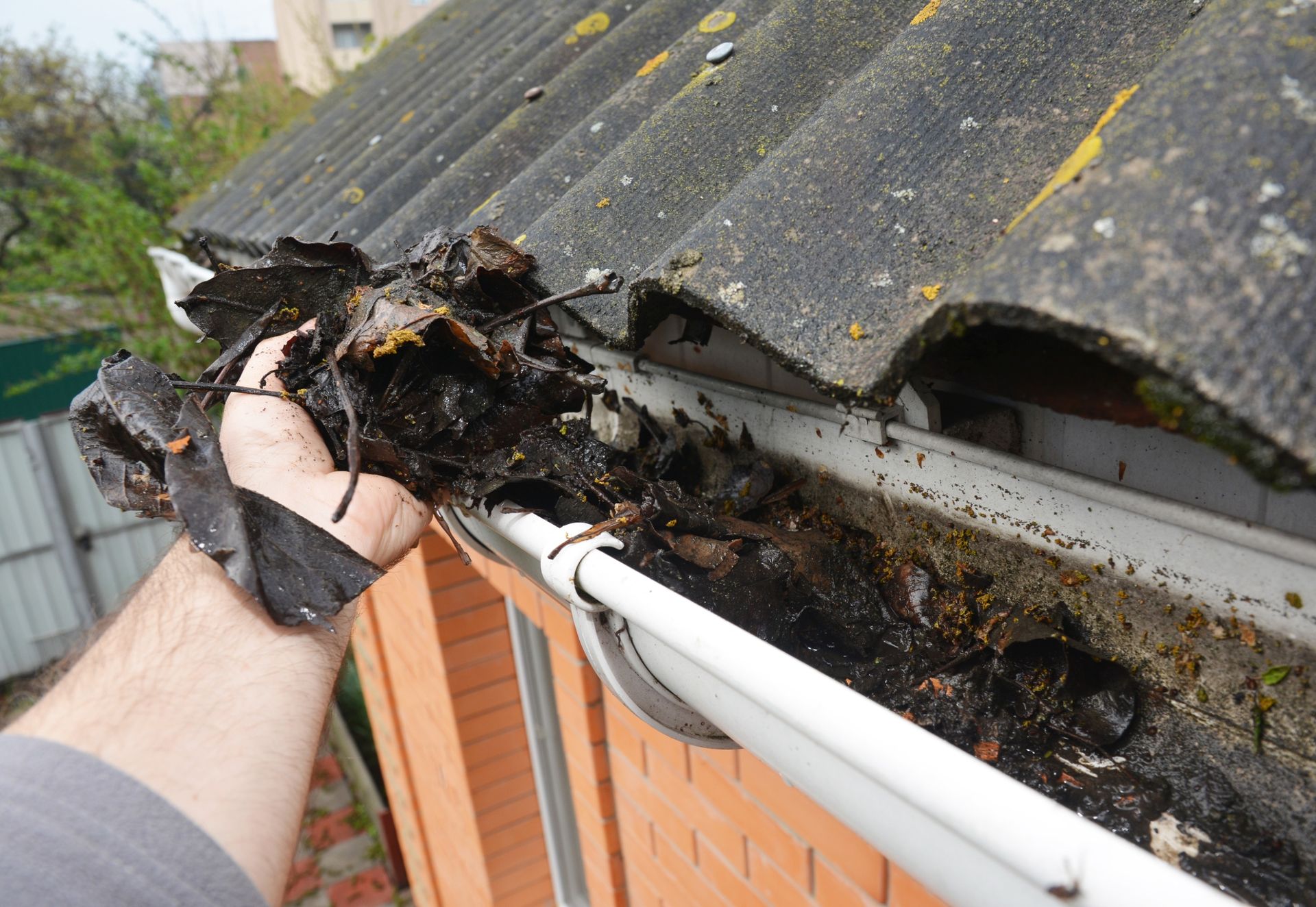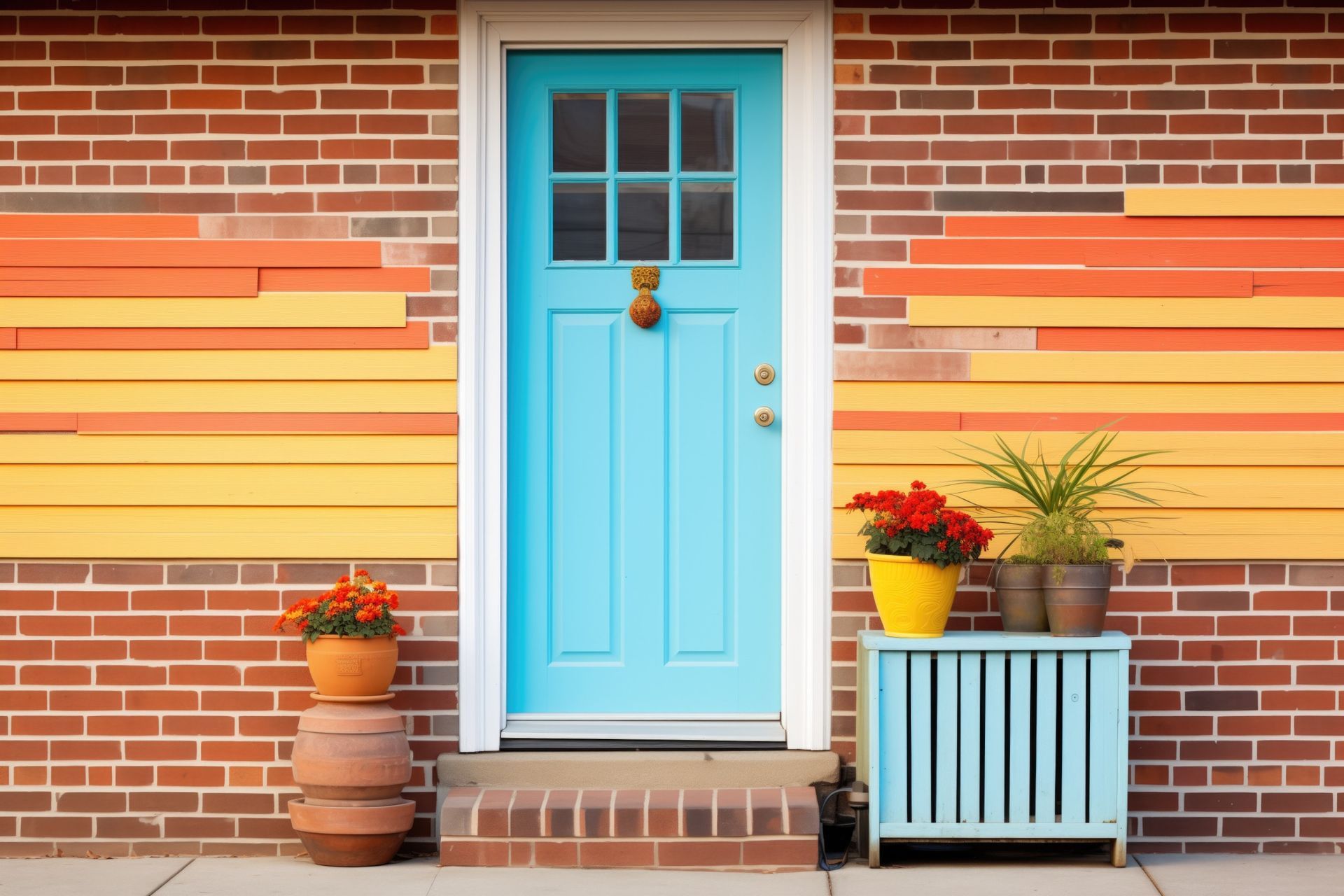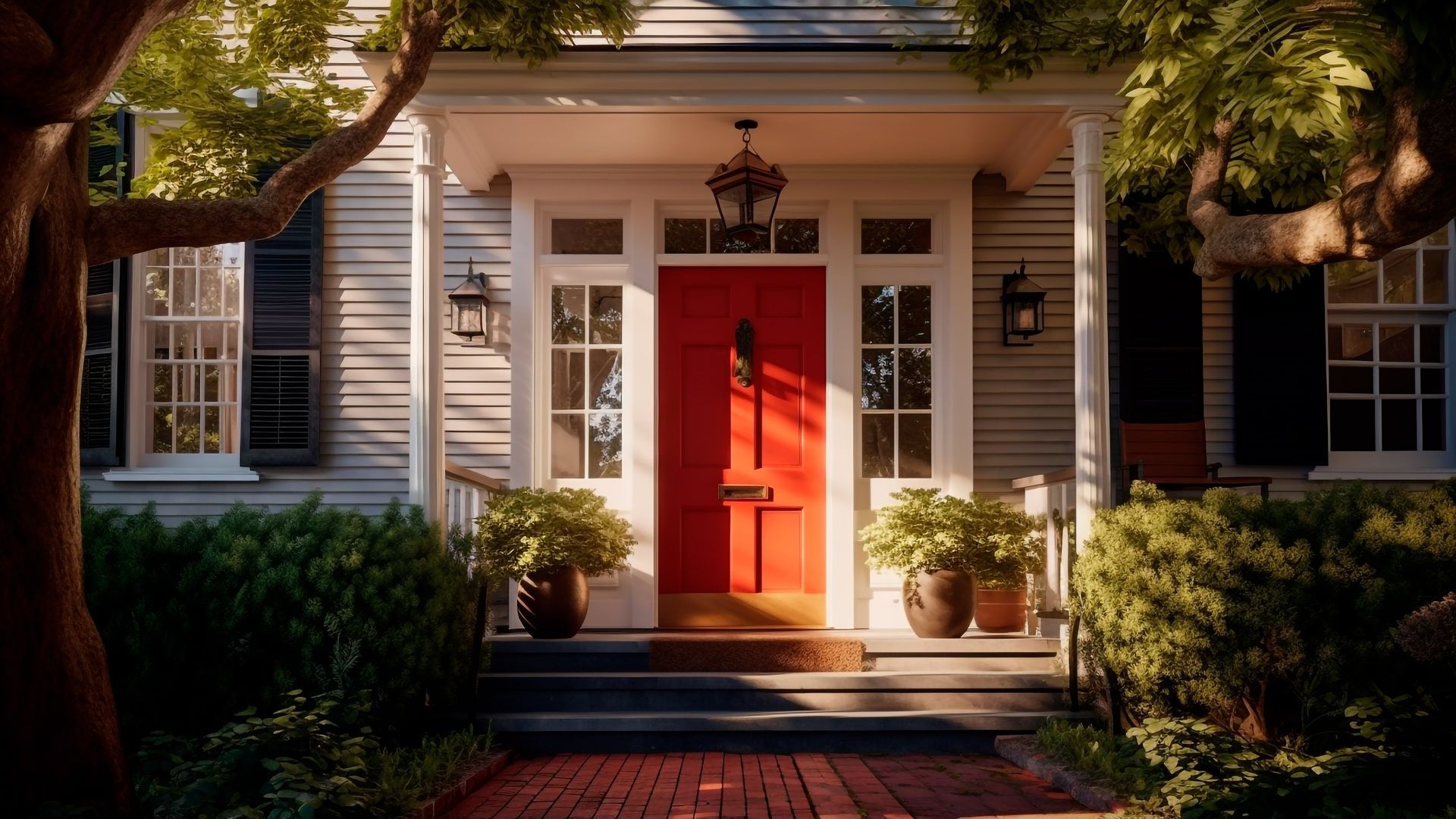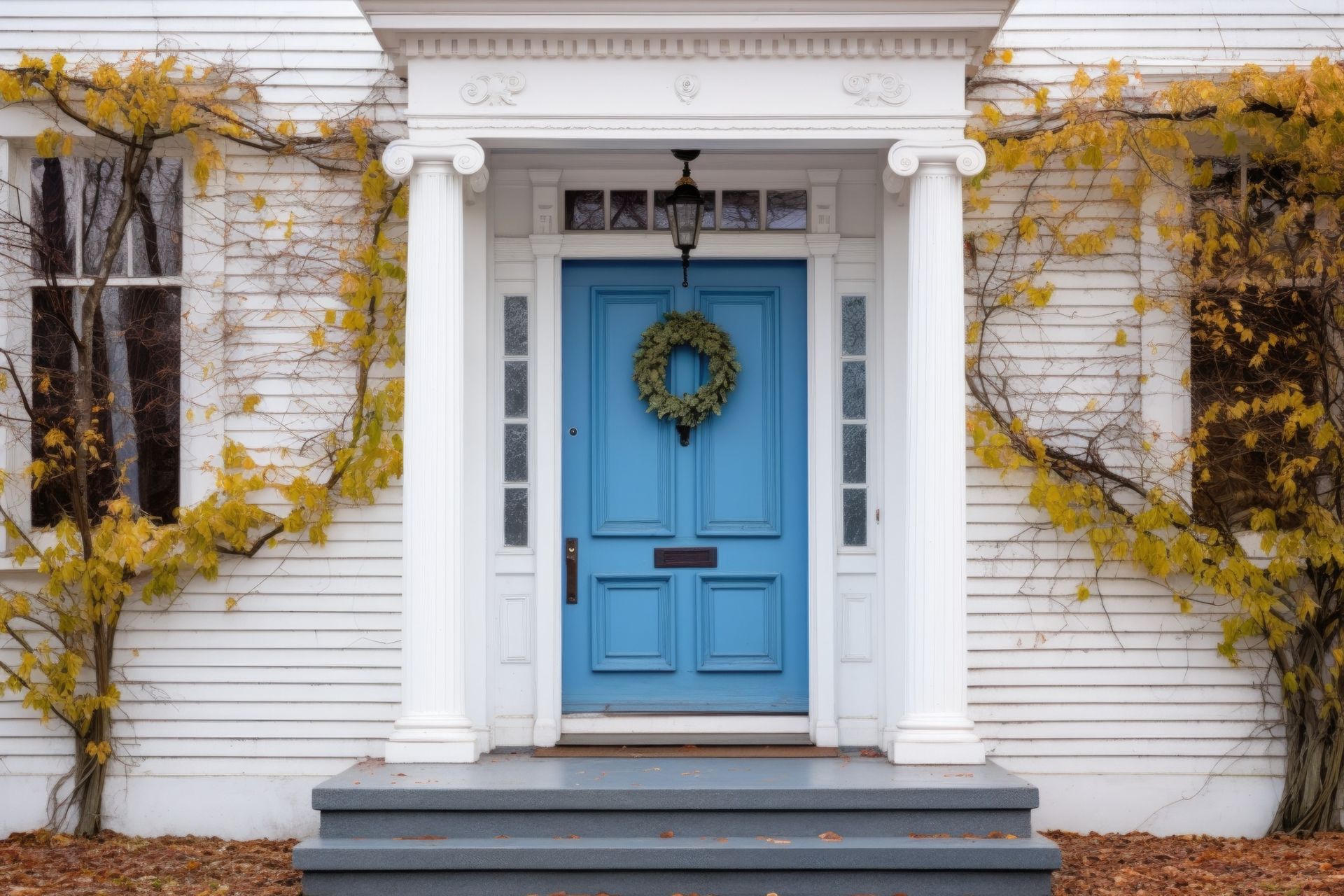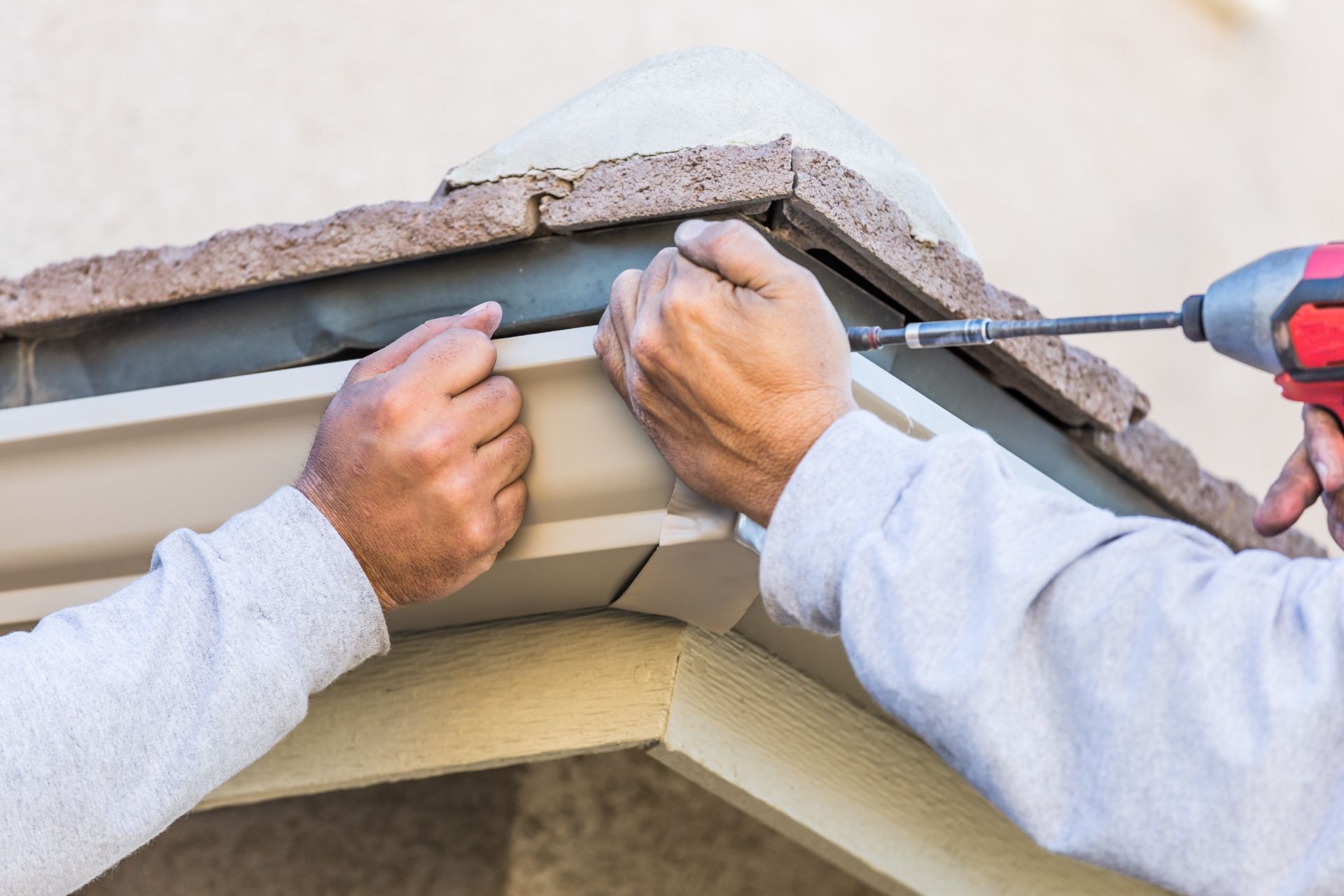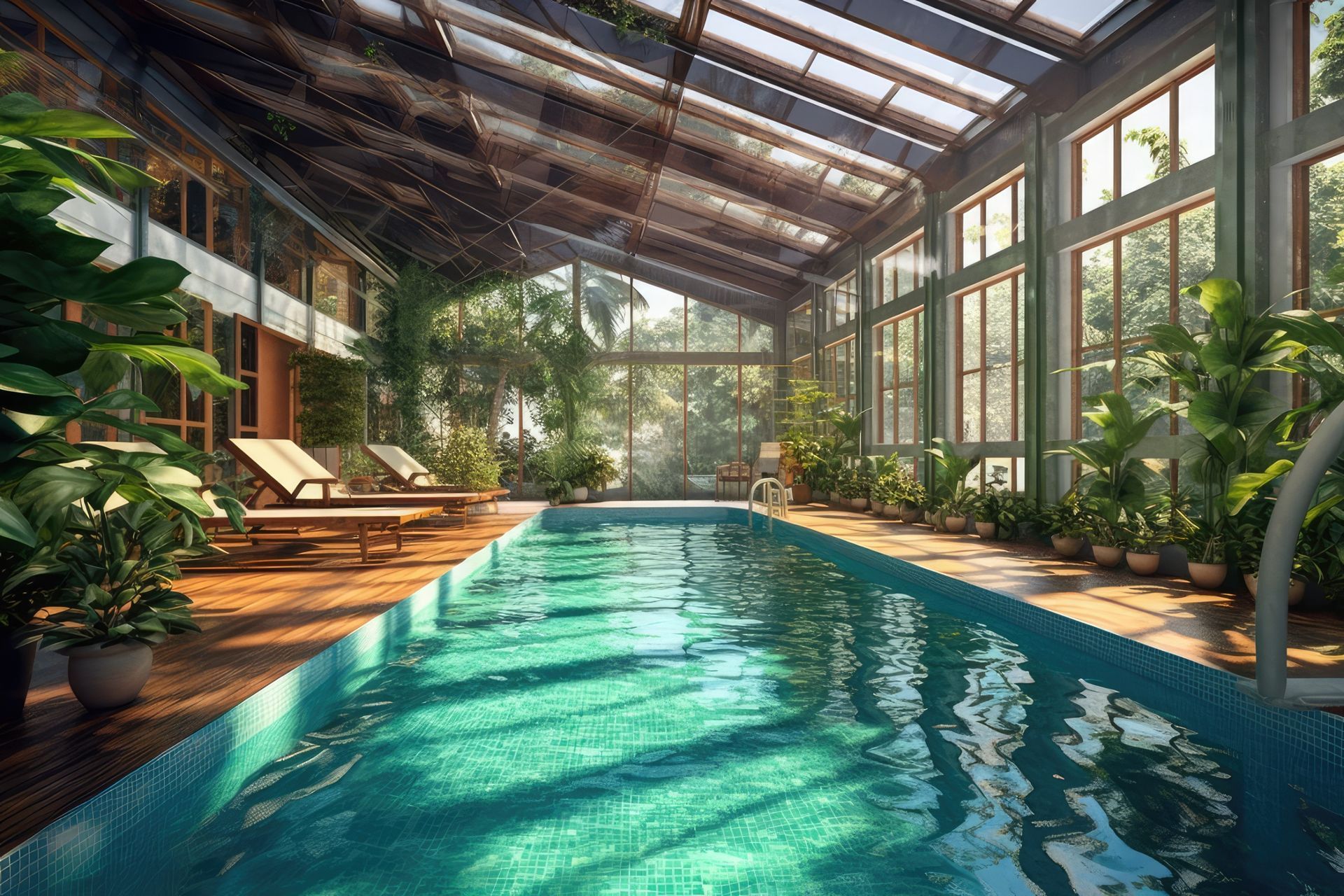
Get in touch
619 Tamiami Trl N, Nokomis, FL 34275, United States of America
Got Questions? Call Us Today (941) 492-6064
4 Types Of Screens Every Homeowner Should Know About and What to Avoid
Whether you are outfitting your home for increased energy efficiency or exploring window treatment options to enliven the decor, there is a wide range of screens available for every imaginable purpose.
While some window screens offer protection from insects and debris, others may be designed to provide insulation and block harmful UV rays—which can reduce electricity costs and add years of service life.
With so many screen types available on the market today, it's important to understand which are best suited for our needs that will stand up to wear and tear while also providing an optimal level of protection.
In this blog post, we'll explore four types of screens every homeowner should know about—what they should avoid to make informed decisions when shopping around. Read on!
1. Window Screens – Pros and Cons
Window screens are a ubiquitous feature in homes, offering a mix of benefits and drawbacks that homeowners should consider.
On the positive side, window screens serve as a barrier against bugs, allowing you to keep your windows open without worrying about insects entering your home.
They also provide an additional layer of privacy, making it harder for people outside to see into your house. Moreover, certain types of screens can reduce sunlight and UV rays, which can keep your house cooler and protect your furnishings from sun damage.
However, window screens are not without their downsides. They can obstruct your view and reduce the amount of natural light that enters your home. Cleaning screens can be a cumbersome task, as they tend to collect dust and grime over time.
Additionally, they can be easily damaged by pets or by harsh weather conditions, requiring frequent replacements or repairs. Therefore, when choosing window screens, it's crucial to weigh these pros and cons to find the best fit for your needs.
2. Solar Screens – Protect Your Home from UV Rays
Solar screens are an excellent addition for homeowners looking to bolster both energy efficiency and privacy. These screens are crafted from specially designed solar screen fabric that absorbs and reflects a significant portion of the sun’s heat and glare before it reaches your window glass.
It means during the sweltering summer days, your home stays cooler without overworking your air conditioning system. Consequently, you'll notice a significant reduction in your energy bills.
Apart from their energy-saving benefits, solar screens are also highly effective in blocking harmful UV rays which can fade and damage your interiors. They act as a protective layer, shielding your furniture, carpets, and art from sun damage.
Additionally, these screens offer enhanced privacy during daylight hours, making it difficult for people outside to see into your home, while maintaining your outside view.
Despite their numerous benefits, homeowners should also be aware of potential drawbacks. Solar screens can darken the rooms more than other screen types, and while they block UV rays, they don't provide much insulation during colder months. It's important to consider these factors when deciding if solar screens are the right choice for your home.
3. Security Screens – Increase Safety in Your Home
Security screens represent an outstanding choice for homeowners who prioritize safety. Crafted from superior strength metals such as stainless steel or aluminum, these screens go beyond the standard function of keeping pests out. They add an extra level of security, deterring potential intruders and ensuring that your windows cannot be easily breached.
The thick, robust mesh of security screens not only withstands high-impact forces but also resists cutting and tampering. Many are equipped with robust locking systems for added protection. They offer the peace of mind that comes with knowing your home is well-protected while allowing fresh air and natural light to enter.
However, it's worth noting that security screens are typically more expensive than other screen types due to their robust construction and added features. Also, while they offer increased safety, their design may not be as aesthetically pleasing as other screen options. Therefore, homeowners should balance the need for security with other factors such as budget and aesthetic preferences when considering security screens.
4. Insect Screens – Keeping Bugs Away From Your Home
Insect screens, also known as bug screens or fly screens, are an essential type of screen that most homeowners should consider. Their primary function is to keep insects, leaves, debris, and other unwanted elements out while allowing fresh air into your home.
Constructed from a variety of materials, including aluminum, fiberglass, or polyester, these screens are fitted into a window or door frame and are often removable for easy cleaning.
Not only do they protect you from annoying flies and mosquitoes, but they also prevent larger pests such as birds and rodents from entering your home. It can be particularly beneficial in areas prone to insect-borne diseases or where pests are a common issue.
However, insect screens do come with a few drawbacks. While they are generally inexpensive, they can be easily damaged by pets or children, and cheap screens may not provide a long-lasting solution.
Also, they do not offer any additional benefits such as UV protection or increased security. Despite these cons, the simplicity and effectiveness of insect screens make them a worthwhile consideration for any homeowner.
Common Mistakes to Avoid When Installing Screening for Your Home
When it comes to installing screens for your home, there are a few common pitfalls that homeowners should strive to avoid.
- Incorrect Measurements: One of the most common mistakes is not taking accurate measurements before purchasing or installing screens. It can result in improper fit and gaps that allow insects and debris to enter or an oversized screen that can't be installed without modifications. Always double-check your measurements to ensure a proper fit.
- Choosing the Wrong Material: Different screen materials serve different purposes. For example, aluminum is durable and long-lasting but it may corrode in coastal areas. Fiberglass is versatile and cost-effective but can be damaged by direct sunlight over time. Ensure you choose the right material for your specific needs and environmental conditions.
- Neglecting Maintenance: Screens need regular cleaning and maintenance to function effectively and prolong their lifespan. Neglecting this can lead to dirt and grime build-up, affecting both the aesthetics and functionality of the screens.
- Ignoring Local Weather Conditions: If your area is prone to harsh weather conditions like strong winds, hail, or heavy snowfall, you'll need screens that can withstand these conditions. Ignoring local weather patterns can lead to frequent screen damage and replacements.
- Overlooking Installation Instructions: Many homeowners attempt DIY installation without thoroughly reading and understanding the installation instructions, leading to improperly installed screens that don't perform optimally. Always follow the manufacturer's instructions or hire a professional for installation.
By avoiding these common mistakes, you can ensure that your screens serve their intended purpose and provide a lasting solution to your screening needs.
Whether you are looking to protect your home from UV rays, increase its security, or keep unwanted bugs out of the house, consider installing window screens in your home. It's an affordable way to enjoy the outdoors without enduring any of the negative side effects.
About Us
Are you looking for a reputable and experienced contractor to install screens on your property in Florida? Look no further than The Heights Aluminium, your one-stop solution for all aluminum installation needs.
